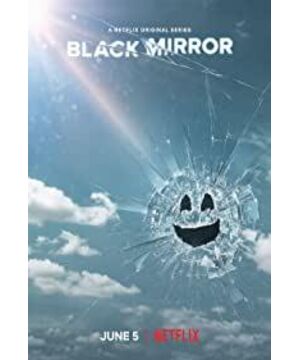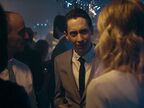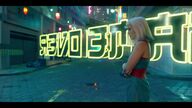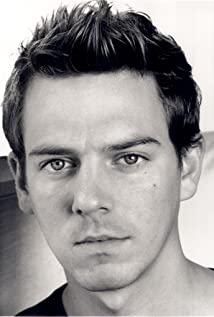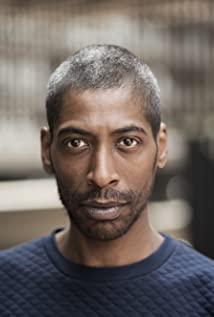This episode is mainly developed around a big contradiction and conflict. It is said to be big because it breaks everyone’s bottom line, no matter if it is morality. Whether it’s legal or legal.
The screenwriter puts the protagonist, the prime minister, in a very extreme dilemma. Simply put, he needs to make a choice.
There are three parties that promote the development of this "choice": kidnappers, the public, and the media.
Let's analyze the roles of these three parties in the development of the plot.
Kidnapper: The screenwriter designed him to be untraceable (although he was indeed located, but a fake IP). Therefore, the government cannot break through from the kidnappers, and can only choose between agreeing to his request or not.
People: Public opinion is the decisive force that determines the prime minister's choice, at least in theory. Because, in theory, the behavior of a democratically elected government must represent the will of the people. Therefore, what the people want the Prime Minister to do, the Prime Minister should respect public opinion.
Media: The media is not actually the subject of conflict, it is a catalyst. The media reflects public opinion and represents public opinion; at the same time, it also guides public opinion. The media in this collection first has one of the most common functions: inform the people; and then a promotion: let the kidnappers know the "trick" the government has dealt with, so it cuts off the government's back road and pushes the prime minister to an absolute choice: Yes or no.
(Now I mainly think about the issue of choice, not about media ethics.)
So in this way, there are two main contradictions: the prime minister and the people.
The prime minister is caught in the contradiction of choice because he has two roles: first, as an individual (individual); second, as the prime minister, the government he represents (a government that is constrained by public opinion).
Simplify his second role: the prime minister represents the government, so what is the government? In Western political philosophy, government is defined as an agent elected by the people to manage themselves. The people authorize it to manage this country, that is, this society (society).
Then, when public opinion asks the Prime Minister to make a certain choice, it actually raises the question, where is the boundary of society's coercive force on individuals?
In order to protect their own existence and development, individuals step into society, or form a society. When they enter society, they are considered to have automatically reached an agreement: renounce part of their rights, but the inalienable rights of human beings (Locke believes these rights include: life, freedom, and property rights) are not among the things they can renounce. .
So how many rights can society ask individuals to give up for it? This also relates to how many rights the government can have.
The Prime Minister has the need to defend his dignity, and sexual intercourse has involved his "person". Do the people have the right to ask him to give up these needs? Under the constraints of the people's will, does he still have the freedom to choose?
(PS. These questions were raised in Harvard’s public class justice. After watching this episode, after thinking about it, boil all things down, it just falls on this question. According to Mr. Yan Fu’s translation, it means "group self Power world". PSS. I haven’t figured out this issue yet, so I will think about it after reading on liberty = =)
View more about Black Mirror reviews


